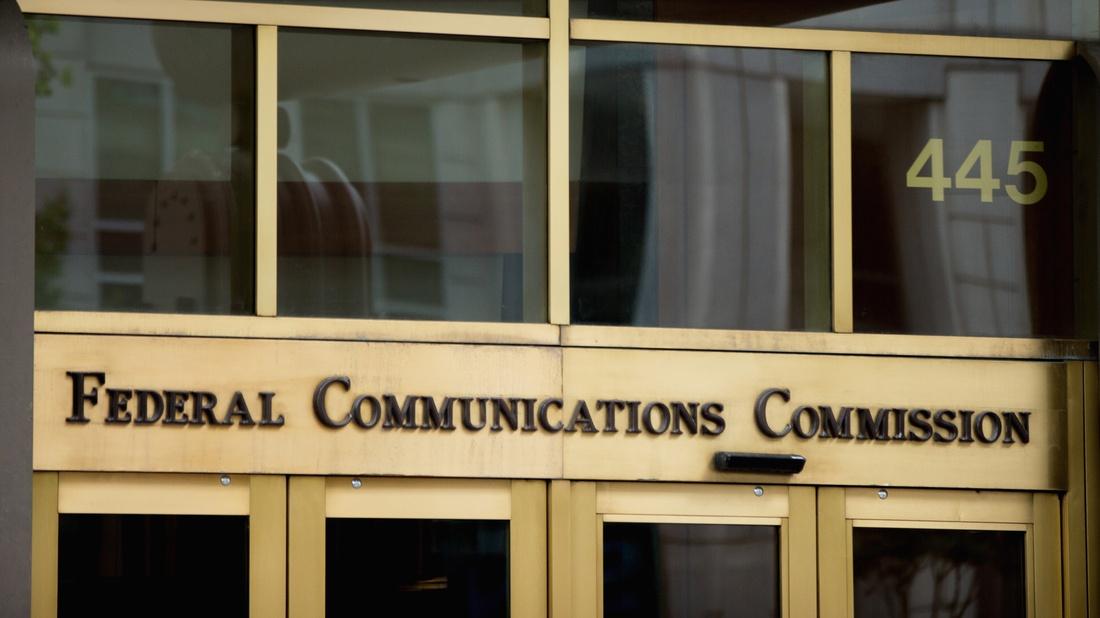In a blog post published this week, the Federal Communications Commission (FCC) announced a slew of accessibility-oriented topics are on the agenda for its next open meeting that’s open to the public.
The meeting will be held on Thursday, October 19 at 10:30am ET.
“On September 28, 2023, FCC Chairwoman [Jessica] Rosenworcel announced a tentative agenda for the October 2023 Open Meeting scheduled for 10:30 am EST on Thursday, October 19, 2023,” the agency wrote in the introduction. “The meeting will be held in the Commission Meeting Room of the FCC, 45 L Street N.E., Washington, D.C. The FCC meeting is also online, and streamed live with open captioning.”
The FCC notes several items are on the agenda for next week’s meeting which have pertinence to the disability community. They include seeking comments on proposed rules for maintaining and safeguarding an open internet, a draft order on mandating mobile service providers to make emergency alerts more accessible for those who are disabled and/or don’t speak English or Spanish as their primary language, and an order seeking audio description requirements in an additional ten markets.
For the disability community, the open internet initiatives include “availability and performance of IP-based telecommunications relay services” as well as the “the FCC’s authority to ensure that individuals with disabilities can communicate using IP-based services such as video communications and electronic messaging services, IP equipment, and mobile browsers.” Moreover, the draft order would improve access to emergency services for disabled people by “preventing the degradation of latency-sensitive and data-intensive applications.” Lastly, the draft covers the FCC’s work involving the “implementation and enforcement of other laws” designed for the protection of disabled people such as the Americans with Disabilities Act and the Rehabilitation Act.
As to 911 alerts, the FCC will consider whether alerts should be available in American Sign Language and whether people should have access to ASL-based emergency alerts. The agency will also discuss whether to compel mobile devices to “include location-aware maps to personalize alerts for consumers, and encourage the inclusion of map textual descriptions to ensure the accessibility of such maps to screen readers.”
Read the full article here





